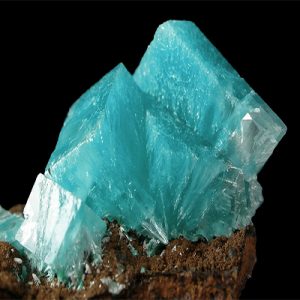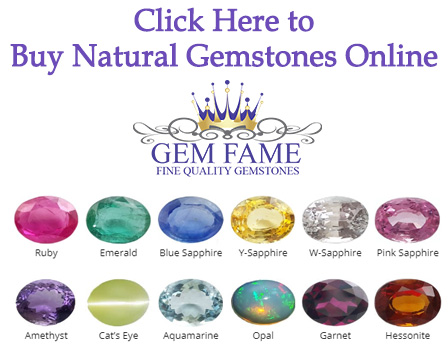Aurichalcite
Aurichalcite is a mineral that is secondary types in the oxidation zones of zinc and copper deposits. Crystals are generally acicular or fibrous and found in tufted aggregates but may form as dense also crusts; rarely columnar, laminated or granular. Aurichalcite’s color can be an grass that is attractive to pale green. It is associated with such minerals that are colorful Azurite, Malachite, and Smithsonite. Aurichalcite may be confused with Rosasite. However, Rosasite is usually more massive but maybe not lamellar and its own Mohs hardness is 4.0 versus Aurichalcite’s 1.0 – 2.0.
Distribution: Widespread in lower amounts. Localities noteworthy for good specimens include: from the Loktevskii mine, upper Loktevka River, west Altai Mountains, Russia. At Monteponi, and in the Rosas mine, Sulcis, Sardinia, Italy. From Laurium, Greece. At Chessy, near Lyon, Rhône, France. In the USA, in Arizona, fine examples from Bisbee, Cochise County, into the Silver Hill mine, Pima County, and at the 79 mine, Gila County; from Cerro Gordo, Inyo County, California; at the Kelly and Graphic mines, Magdalena, Socorro County, brand new Mexico. In Utah, from the Tintic district, Juab County, during the Hidden Treasure mine, Tooele County, in the Apex mine, near St. George, Washington County, and from Big Cottonwood Canyon, Salt Lake County; at Leadville, Lake County, Colorado. In Mexico, rich specimens from the Ojuela mine, Mapimí, Durango, Mexico. During the Tchah Khuni mine, Anarak district, Iran. From Tsumeb, Namibia. At Kipushi, 28 km southwest of Lubumbashi, Katanga Province, Congo (Shaba Province, Zaire).
| Chemical Formula: | (Zn,Cu)5(CO3)2(OH)6 |
| Zinc Copper Carbonate Hydroxide | |
| Molecular Weight: | 546.71 gm |
| Composition: | Zinc | 44.85 % | Zn | 55.83 % | ZnO |
| Copper | 14.53 % | Cu | 18.19 % | CuO | |
| Hydrogen | 1.11 % | H | 9.89 % | H2O | |
| Carbon | 4.39 % | C | 16.10 % | CO2 | |
| Oxygen | 35.12 % | O | |||
| 100.00 % | 100.00 % | = TOTAL OXIDE |
| Crystallography: | Monoclinic – Prismatic |
| Crystal Habit: | As acicular to lathlike crystals with prominent {010}, commonly striated || [001], with wedgelike terminations, to 3 cm. Typically in tufted divergent sprays or spherical aggregates, may be in thick crusts; rarely columnar, laminated or granular. |
| Twinning: | Observed in X-ray patterns. |
| Cleavage: | Perfect on {010} and {100} |
| Fracture: | Irregular/Uneven |
| Tenacity: | Fragile |
| Moh’s Hardness: | 1.0 – 2.0 |
| Density: | 3.96 (g/cm3) |
| Luminescence: | None |
| Radioactivity: | Not Radioactive |
| Other: | Soluble in acids and in ammonia. |
| Color: | Pale green, greenish blue, sky-blue; colorless to pale blue, pale green in transmitted light. |
| Transparency: | Transparent |
| Luster: | Silky to Pearly |
| Refractive Index: | 1.655 – 1.744 Biaxial ( – ) |
| Birefringence: | 0.089 |
| Dispersion: | Relatively strong; r < v |
| Pleochroism: | Weak; X = Colourless, Y = Blue-green, Z = Blue-green |


